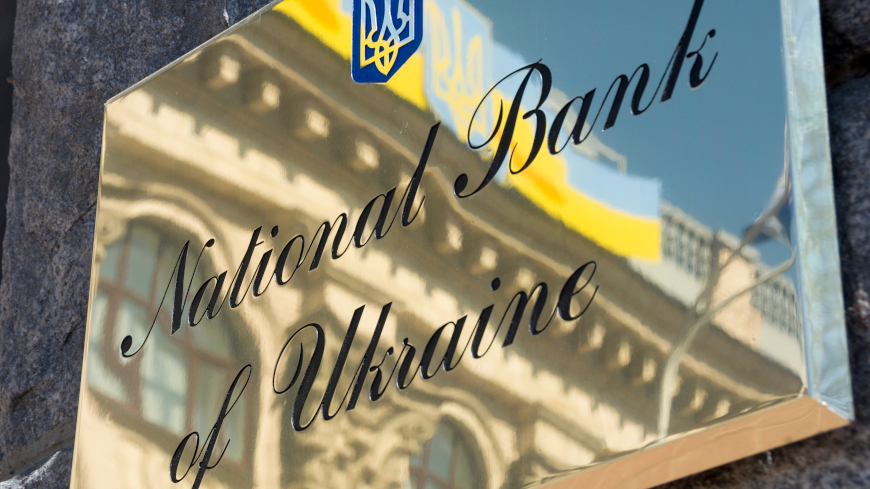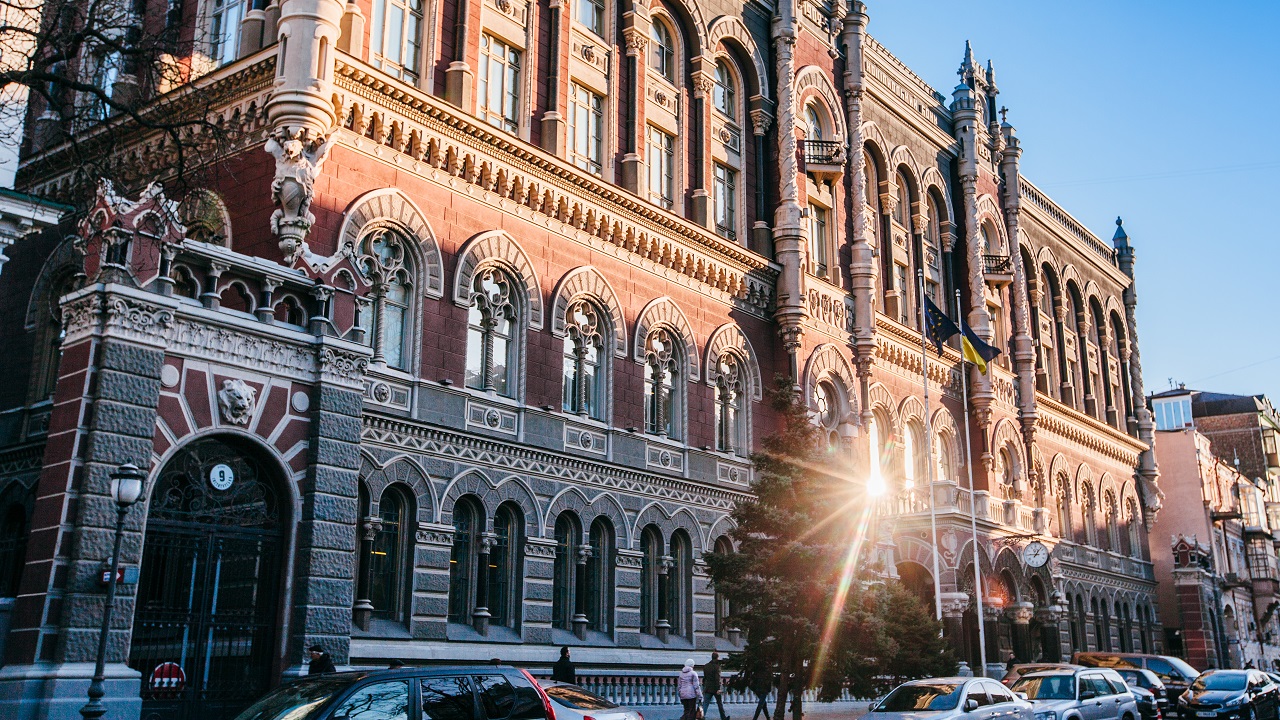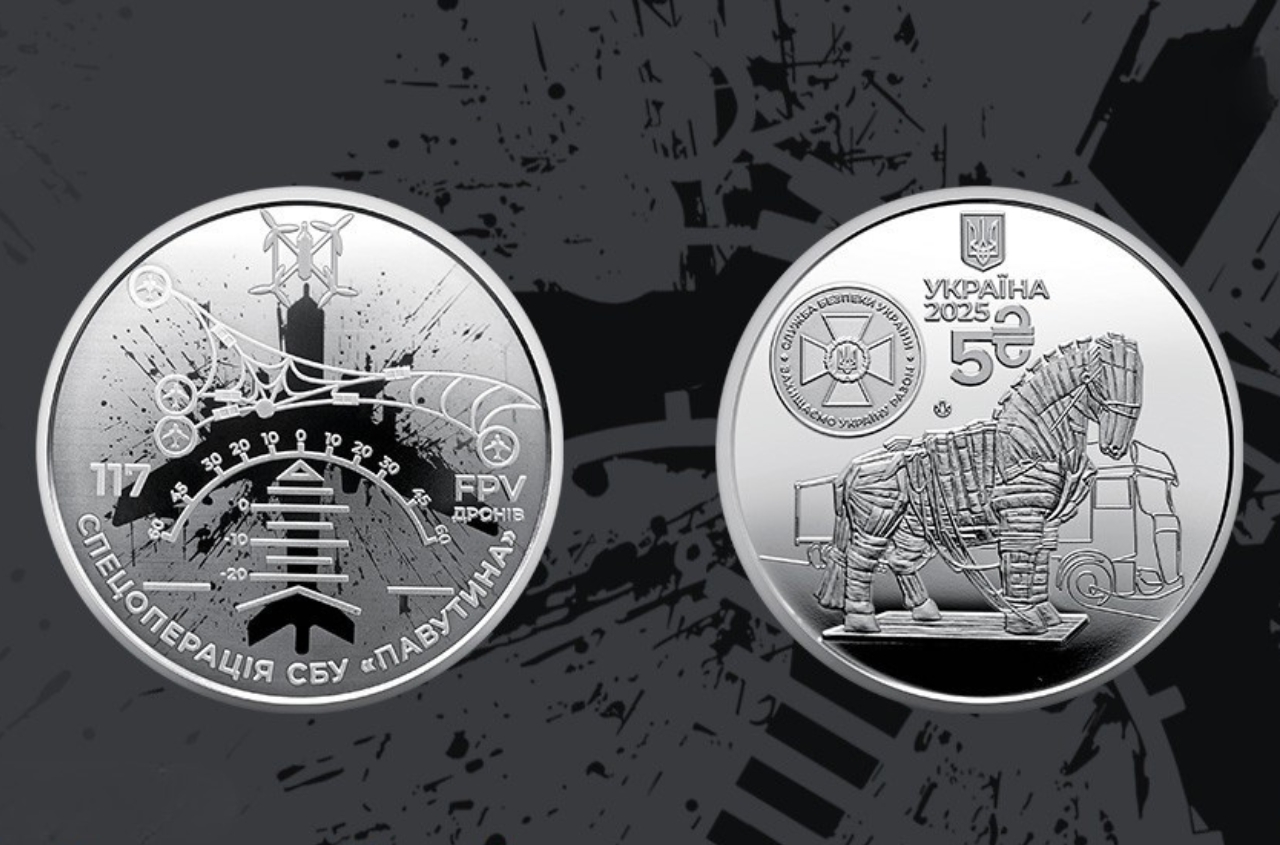The National Bank of Ukraine (NBU) has introduced a new package of currency liberalization measures for businesses. One of the key elements is a partial lifting of restrictions on transferring foreign currency abroad—provided that 50% of the amount is donated to the Armed Forces of Ukraine.
Starting August 7, companies will be able to make international transfers beyond current limits, but only up to the amount they have donated to the NBU’s special fund in support of the military. However, the list of permitted purposes for such transfers is strictly limited.
NBU Governor Andriy Pyshny stated that many businesses contribute to the military, with a significant share of donations going through the NBU’s official account, managed by the country’s defense forces.
“We decided to create additional opportunities for such companies. They will be allowed to make certain cross-border transfers exceeding current restrictions, equivalent to the amounts donated to the NBU’s special fund from August 7, 2025,” he said.
Financial analyst Andriy Shevchyshyn commented that the NBU has imposed strict criteria on who can use this mechanism and under what circumstances. He called it a cautious but positive experiment in currency liberalization.
“It’s essentially a legal corridor for transferring currency if truly needed—think of it as a 50% ‘exit fee’. If you want to transfer $1 million, you need to donate $500,000 to the Armed Forces, and you’re allowed to send the remaining $500,000 abroad,” he explained.
Transfers can only be made using a business’s own foreign currency for the following:
- Settlements for goods imported before February 23, 2021;
- Refunds to non-residents for advance payments made before February 23, 2022, where delivery did not occur or was partial;
- Fulfillment of obligations under loans received from non-residents before June 20, 2023;
- Covering expenses for the maintenance of branches or offices abroad;
- Repatriation of dividends to non-residents.
Other changes introduced by the NBU:
Dividend repatriation:
Businesses may now transfer dividends abroad for 2023, within a monthly limit of €1 million, applying to activities from January 1, 2023 (rather than January 1, 2024, as previously allowed).
Hedging for importers:
Importers are now allowed to use non-deliverable forward contracts and purchase foreign currency through these contracts to hedge against exchange rate risks. These operations will be balanced and won’t pressure the market.
Refunds and maritime transfers:
Starting August 7, mistaken foreign currency transfers can be returned if a request is submitted within three business days. Maritime agents may also transfer unused funds received from foreign shipowners abroad.
Support for the jewelry industry:
Legal entities and individual entrepreneurs selling jewelry will be allowed to purchase bank metals in non-cash hryvnia. This move aims to reduce the shadow market and boost domestic production. The volume of purchases is limited to 1/12 of 2021 sales, and a contract with a jewelry producer is required.
New rules for external borrowing:
Companies can service loans provided by creditor pools involving international financial organizations (IFIs), provided the participants are rated at least “A.” Transfers are also allowed to fulfill regression claims by guarantors or insurers who have covered obligations.
In addition, conditions have been created to allow converting external debt into a capital investment from the foreign lender.
These changes are part of the gradual loosening of currency controls introduced at the start of the full-scale war.






















